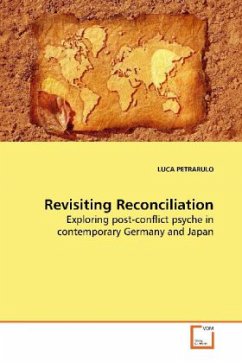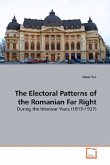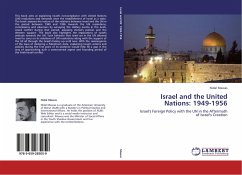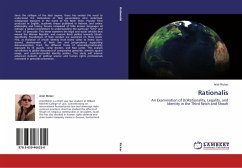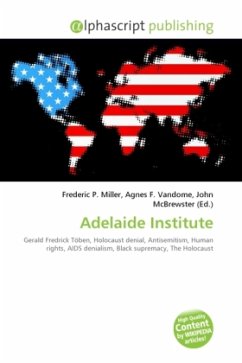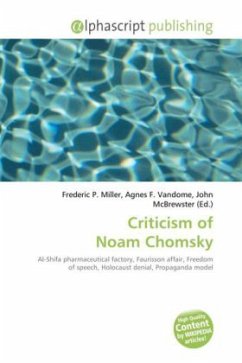Studies and statistics show that around 50% of
conflicts tend to re-emerge within ten years since
the achievement of a peace agreement. War spurs war,
the literature seems to suggest, since often the
parties find themselves enclosed in what may be
defined a conflict trap.
The aim of the present work is twofold: it seeks to
explore reconciliation in
post-conflict scenarios, while trying to revisit the
concept in order to readdress it for breaking the
cycle of
vengeance and violence. The research includes the
specific
cases of the process of reconciliation after the
Holocaust and the Nanking Massacre.
Although strong peculiarities in each case were
found, the analysis also revealed similarities in
both German and Japanese societal and individual
reconciliations, specifically in escaping the
responsibility of those dramatic events. Furthermore,
in general a greater attention for
social-psychological aspects of reconciliation, such
as healing, mercy and forgiveness together with a
better understanding of the psychodynamics behind
mass atrocities are advocated. Finally, the primacy
of building a culture of conciliation against the curative character of reconciliation is reviewed.
conflicts tend to re-emerge within ten years since
the achievement of a peace agreement. War spurs war,
the literature seems to suggest, since often the
parties find themselves enclosed in what may be
defined a conflict trap.
The aim of the present work is twofold: it seeks to
explore reconciliation in
post-conflict scenarios, while trying to revisit the
concept in order to readdress it for breaking the
cycle of
vengeance and violence. The research includes the
specific
cases of the process of reconciliation after the
Holocaust and the Nanking Massacre.
Although strong peculiarities in each case were
found, the analysis also revealed similarities in
both German and Japanese societal and individual
reconciliations, specifically in escaping the
responsibility of those dramatic events. Furthermore,
in general a greater attention for
social-psychological aspects of reconciliation, such
as healing, mercy and forgiveness together with a
better understanding of the psychodynamics behind
mass atrocities are advocated. Finally, the primacy
of building a culture of conciliation against the curative character of reconciliation is reviewed.

